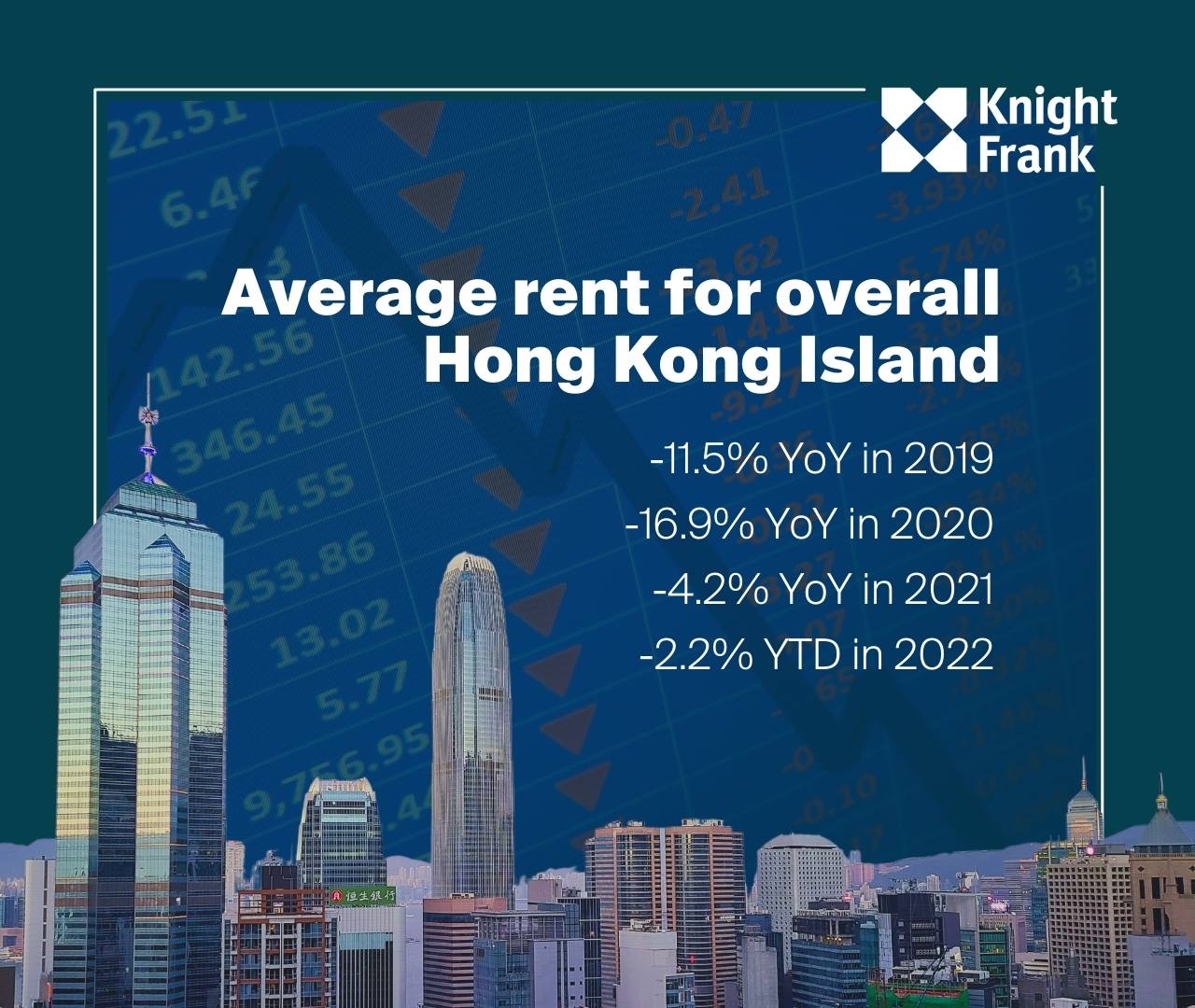Why Hong Kong’s ‘0+3’ scheme matters
As Hong Kong is a “pivotal gateway” between Chinese mainland and the world, the much-anticipated changes in the quarantine policy will be vital to Hong Kong’s economy – here’s why.
3 minutes to read
On 26 September 2022, Chief Executive John Lee announced the reopening the city’s borders and resuming quarantine-free travel under their new ‘0+3’ scheme, which is set to help revive the economy, improve market sentiment, and boost business confidence.
The scheme removes compulsory quarantine requirement for inbound persons from overseas places.
Like the rest of the world, Hong Kong has been affected by strict Covid-19 policies which has shaken investors’ confidence in the market.
Our market research over the past three years has found that business sentiment has been seriously dampened, and the local economy has been poorly affected, resulting in downsizing of multinationals and Chinese mainland firms retreated from the city.

Grade A office rents in Hong Kong have been dropping since 2019 due to social unrest. The downward trend was exacerbated by Covid-19 since the beginning of 2020.
However, there has been some key themes that stand out:
1) Flight for quality:
o Compared with the pre-Covid period, the current rents on Hong Kong Island, especially in sought-after buildings in Central, are more affordable, driving the flight for quality and recentralization trend.
o Increasing numbers of office tenants considered the upgrade on building specifications as the key factor of office space selection, as hygiene and safety considerations become significant in impacting employees’ health and wellbeing amid the pandemic.
2) Strong co-working demand:
o Some sizable companies have strong leasing demand for co-working space for greater flexibility. They have started including flex space as part of their holistic real estate strategy to reduce overhead.
o While many smaller companies and start-ups do not want to commit to long-term leases, especially amid the market downturn.
o Examples: Online travel agent Expedia moved from the Centre and occupied 60 desks of co-working space in Lee Garden Three; Telecommunications company British Telecom moved from Dorsett House to a serviced office in Hysan Place.
3) Cost saving initiative:
o More companies recalibrated their real estate plans, usually accompanied by size optimization, aiming for cost savings
4) ESG:
o Tenants have paid greater attention to the ESG issues, and started expanding the use of ESG criteria in their business operations and formulating real estate strategy.
Market outlook for Hong Kong post-reopening
In the face of US rate hikes and the mainland’s economic downturn in Q3 of 2022, we are conservative about short-term commercial market performance but remain optimistic towards the long-term outlook.
New supply is putting imminent pressure on the leasing market, but demand for premium Grade A office space persists, as tenants continued to seek office upgrades at an affordable cost.
Some office tenants are taking advantage of attractive rents to lock in leases in premium buildings before the full recovery of the market and the next office rental up-cycle.
As the existing pandemic measures have delayed the return of multinational corporations, the market will require more time to absorb the abundant supply. Therefore, we expect the vacancy rate, especially in the non-core areas, to remain at a high level in the coming quarter. Rents will continue to be under pressure in the remaining 2022.
Before the border restrictions are fully relaxed with both mainland and other countries, we expect landlords of existing Grade A buildings to be more flexible and willing to further reduce rents in reaction to growing competition. We forecast that Hong Kong Island office rents will fall 3-5% in the remaining 2022.
----
Authored by: Martin Wong, Director, Head of Research & Consultancy, Greater China and Lucia Leung, Associate Director, Research & Consultancy, Greater China.